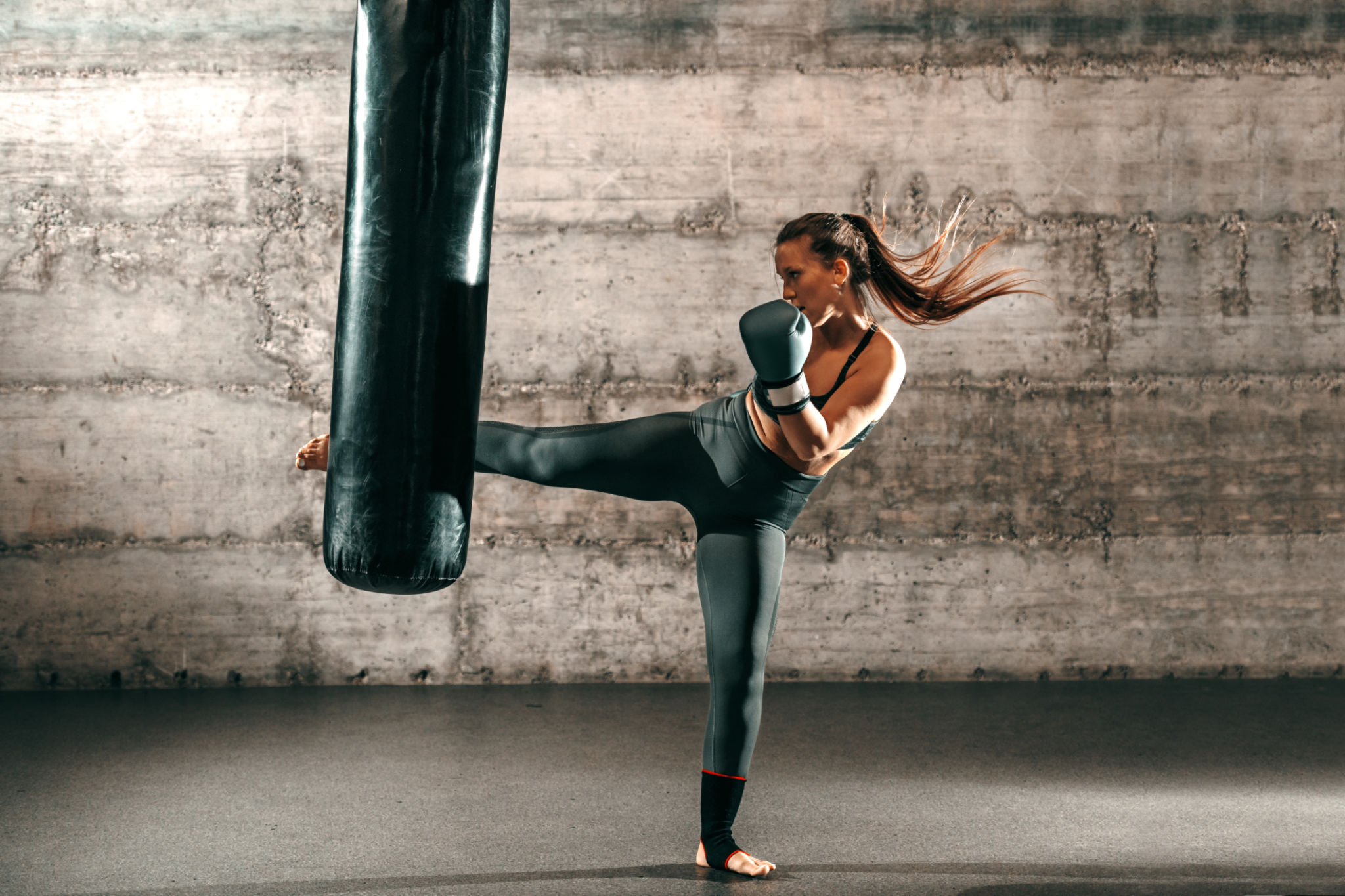How Martial Arts Builds Confidence and Discipline
The Role of Martial Arts in Building Confidence
Martial arts is not just about learning self-defense techniques; it is a powerful tool for building self-confidence. When individuals practice martial arts, they set personal goals and work diligently to achieve them. This process of setting and achieving goals boosts self-esteem and helps practitioners believe in their abilities.
As students progress through the ranks, earning belts or other forms of recognition, they experience a tangible sense of accomplishment. This positive reinforcement further enhances their confidence, allowing them to trust in their skills not only on the mat but also in everyday life challenges.

Moreover, martial arts training involves a supportive community where students encourage each other. This camaraderie fosters a sense of belonging and mutual respect, which are crucial components in developing self-assurance.
Discipline Through Regular Practice
Discipline is a cornerstone of martial arts training. Attending regular classes and adhering to the discipline required by the art form instills a routine that translates into other areas of life. Practitioners learn the importance of dedication, commitment, and perseverance.
Through consistent practice, martial artists cultivate self-control and focus. These attributes are essential not only in mastering techniques but also in managing daily responsibilities and overcoming life's obstacles with grace and determination.

Emotional and Mental Growth
Participating in martial arts also contributes to emotional and mental growth. The rigorous training pushes individuals out of their comfort zones, teaching them to manage stress, fear, and anxiety effectively. This mental fortitude becomes a valuable asset in facing both minor and major life challenges.
Furthermore, martial arts encourages mindfulness and meditation practices, which help practitioners maintain mental clarity and emotional balance. This holistic approach to training nurtures both the body and mind, promoting overall well-being.
Building Respect and Humility
Respect and humility are core tenets of martial arts philosophy. Practitioners are taught to respect their instructors, peers, and opponents. This respect extends beyond the dojo and influences how they interact with others in various aspects of life.

Humility is also emphasized, as martial artists understand that there is always room for growth and improvement. This mindset prevents arrogance and encourages continuous learning and personal development.
Conclusion: A Lifelong Journey
Martial arts offers more than just physical skills; it provides a framework for personal growth that encompasses confidence, discipline, respect, and humility. The lessons learned through martial arts practice extend far beyond the dojo, impacting all areas of a practitioner's life.
Ultimately, martial arts is a lifelong journey of self-discovery and improvement. Whether young or old, beginners or seasoned practitioners, individuals can always find new ways to challenge themselves and grow through martial arts.